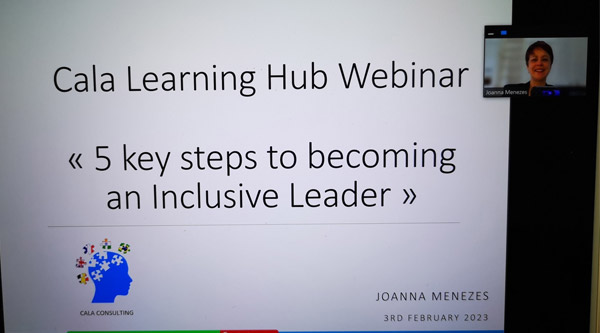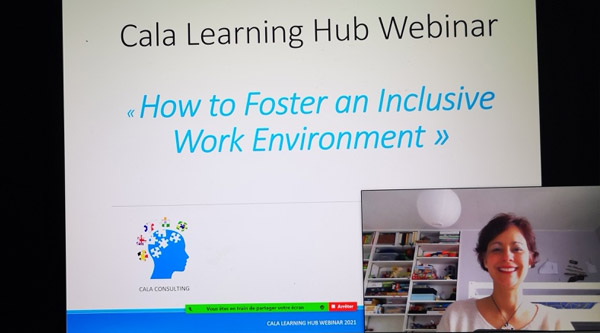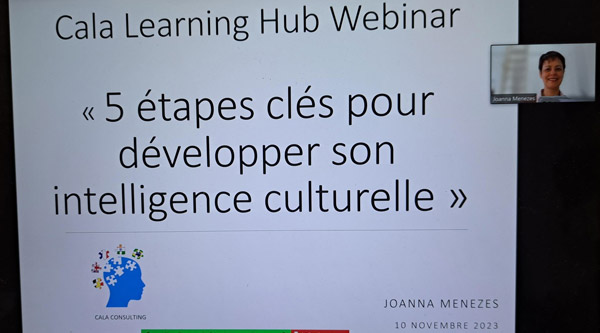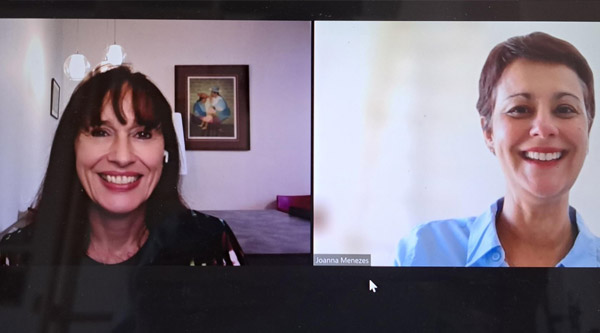“When two human beings meet, two worlds meet”, reminds coach Sigrid Hübner-Kolli as she opens this Cala Learning Hub webinar on intercultural communication. And, on a day-to-day basis, there are many opportunities to meet people from other cultures: family meals, working for an international company, an expatriate assignment...
A message that is lost or misconstrued
"In an increasingly global and interconnected world, meeting other cultures is increasingly frequent,” continues Sigrid. This is a source of enrichment and fascination, but also of misunderstandings and irritations of all kinds." What are the sources of these misunderstandings? They may be due to social codes (politeness, relationship to time, etc.) that differ from one culture to another, or to communication failures. “In these situations, there may be a big difference between what I say and what the other person understands,” she explains.
Tools for better intercultural understanding
To develop cultural intelligence and avoid misunderstandings when communicating with others, there are several tools available, each requiring a little practice.
The communication square
According to Friedmann Schulz von Thun, every message exchanged between two people contains 4 sub-messages (also known as “the 4 sides of a message”):
- The facts, information
- Self-revelations (my feelings, my mood, my values...)
- The relationship between the two people (rejection, respect...)
- The appeal (expectation, advice, order...)
The square of values and cultures
- Collectivism (common in Eastern cultures)
- Individualism (common in Western cultures)
- Altruism
- Egocentrism
The Riemann-Thomann model
- Distance: autonomy, rationality...
- Proximity: affection, trust, sympathy...
- Duration: stability, control...
- Change: creativity, passion
Explicit metacommunication and implicit metasensitivity
Both techniques require a great deal of detachment from the communication situation. With explicit metacommunication, the idea is to verbalize: “How do I feel about the conversation? Sigrid Hübner-Kolli explains: “Implicit metasensitivity, on the other hand, is the ability to actively listen to what's going on, without putting it into words. This requires tact and discernment."
Interested in our webinars? Check out the program for the end of 2024 and sign up! Our next meet up will be on Friday 8th November when we'll be discussing intergenerational management...

Blog article written by par Laure Blancard : https://www.linkedin.com/in/laure-blancard/







 Copyright © 2016 - 2026 - Cala Consulting
Copyright © 2016 - 2026 - Cala Consulting